The tradition of Arak, Lebanon’s iconic anise-flavored spirit, runs deep in the country’s cultural and social fabric. For generations, it has been more than just a drink—it’s a symbol of hospitality, shared moments, and national pride. Yet, in recent years, a growing concern has emerged among connoisseurs and casual drinkers alike: the increasing practice of diluting Arak with water, often to the point of compromising its authenticity and quality. This trend has sparked debates about tradition, commercialization, and the very essence of what makes Arak uniquely Lebanese.
At its core, Arak is a clear, potent liquor distilled from grapes and flavored with aniseed. When mixed with water, it undergoes a mesmerizing transformation, turning milky white—a phenomenon known as the "louche effect." This ritual of adding water is not just practical (reducing the alcohol’s intensity) but also ceremonial, a gesture of sharing and moderation. However, the issue arises when the dilution goes beyond the customary ratio, altering the drink’s character and, some argue, disrespecting the craftsmanship behind it.
The practice of excessive watering down is often attributed to economic pressures. Lebanon’s prolonged economic crisis has made quality Arak production increasingly expensive. Grape yields have suffered due to rising costs of fertilizers and fuel, while electricity shortages disrupt distillation processes. Some producers, facing shrinking profit margins, resort to cutting corners—adding more water to stretch their supply or using inferior ingredients to cut costs. The result is a product that, while still labeled as Arak, lacks the depth and punch that define the traditional spirit.
For purists, this trend is nothing short of sacrilege. Arak’s identity is tied to its strength and purity, typically hovering around 50-60% alcohol by volume before dilution. When over-diluted, the drink loses its aromatic complexity, reducing the aniseed’s sharpness and the grape distillate’s warmth. Older generations, in particular, lament the shift, recalling a time when Arak was savored slowly, its potency a mark of pride for the distiller. Today, they argue, the drink risks becoming a shadow of its former self—watered down in both literal and metaphorical senses.
Yet, not everyone views the trend negatively. Some younger drinkers and bars have embraced a lighter, more approachable version of Arak, arguing that it makes the spirit more palatable for newcomers. In a globalized world where cocktails reign supreme, a milder Arak can serve as a gateway to Lebanese culture. Mixologists experiment with it in creative ways, blending it with fruits or herbs, a departure from the traditional "neat with water" serving. To them, evolution is inevitable, and Arak must adapt to survive in a competitive market.
The debate also touches on regulation—or the lack thereof. Unlike wines or regulated spirits in other countries, Arak production in Lebanon has long operated on informal standards. There’s no strict legal definition of what constitutes Arak, leaving room for interpretation—and exploitation. Some call for government oversight to protect the drink’s integrity, while others fear that bureaucracy could stifle the artisanal charm of small-batch producers. In a country where trust in institutions is low, the path to standardization remains fraught with challenges.
Amidst these tensions, one thing is clear: Arak is more than a beverage. It’s a cultural artifact, a testament to Lebanon’s resilience and creativity. Whether it’s served traditionally or adapted for modern tastes, its survival depends on striking a balance between honoring the past and embracing the future. The question of water, then, isn’t just about dilution—it’s about how Lebanon preserves its heritage in a changing world.
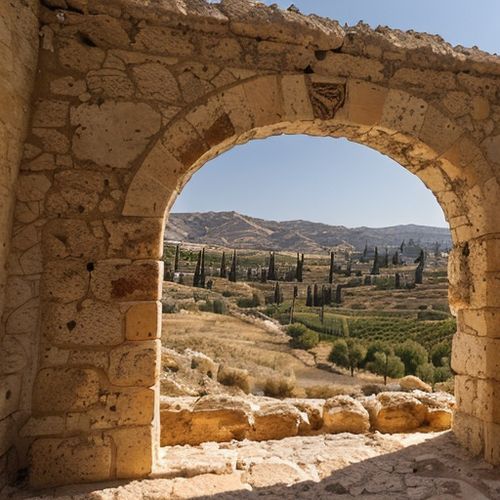
By Thomas Roberts/May 10, 2025
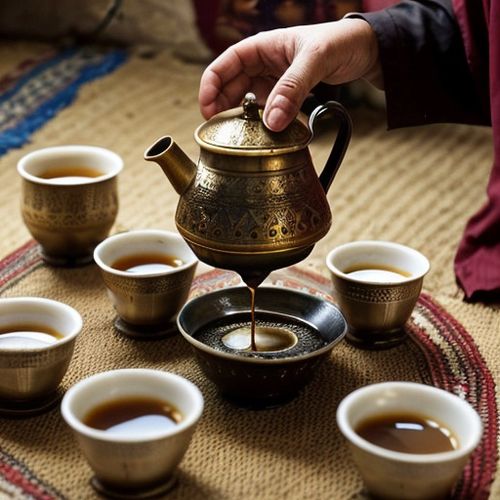
By Christopher Harris/May 10, 2025
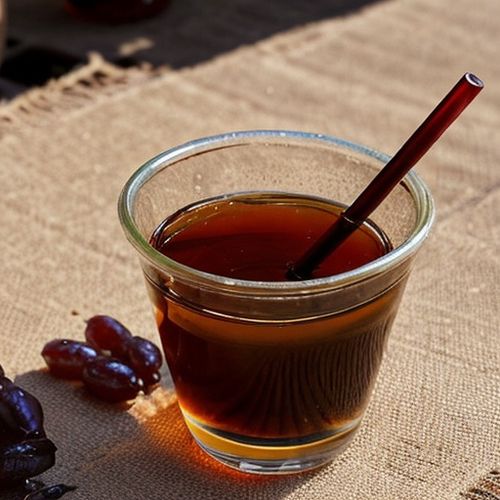
By Megan Clark/May 10, 2025
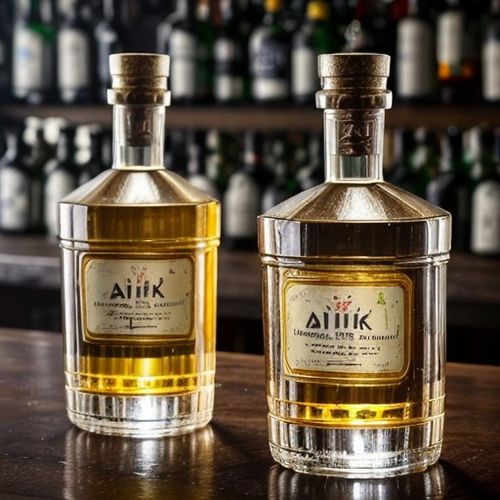
By Samuel Cooper/May 10, 2025
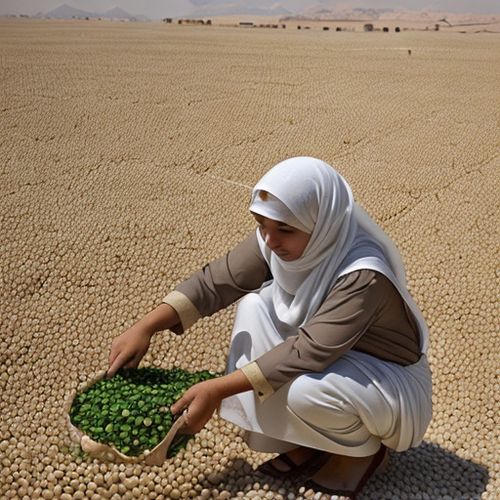
By James Moore/May 10, 2025
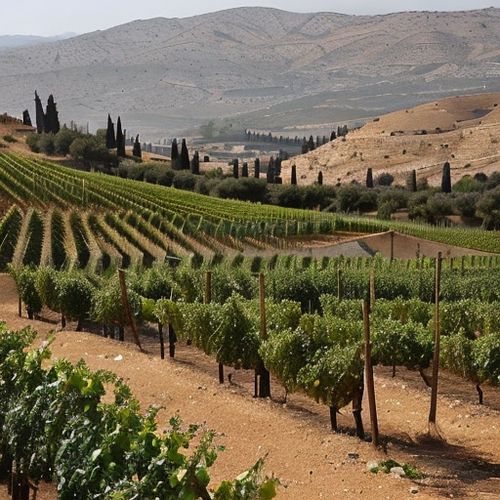
By Jessica Lee/May 10, 2025
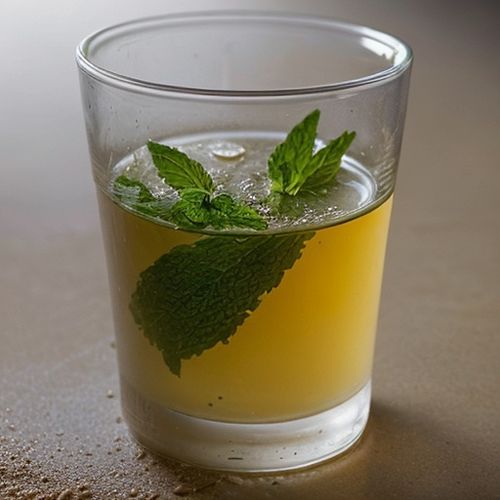
By Victoria Gonzalez/May 10, 2025
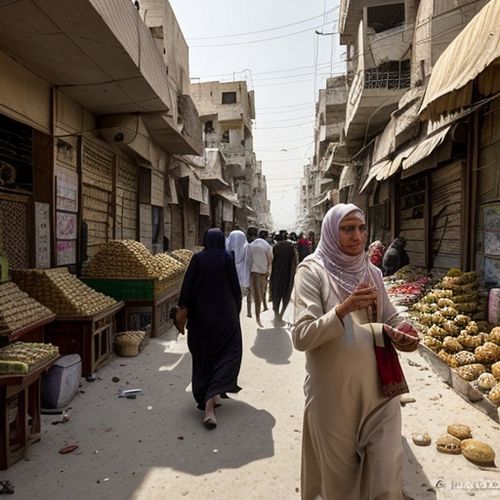
By Noah Bell/May 10, 2025

By Benjamin Evans/May 10, 2025
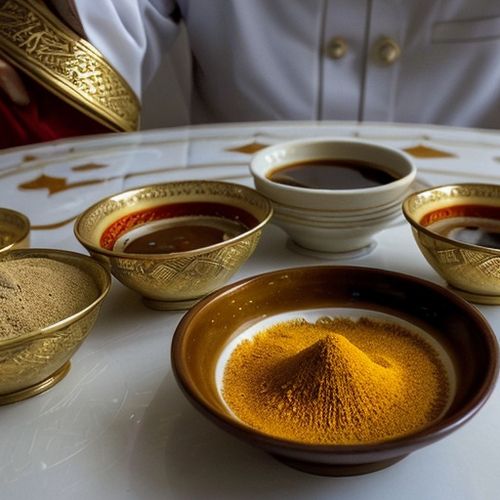
By Rebecca Stewart/May 10, 2025
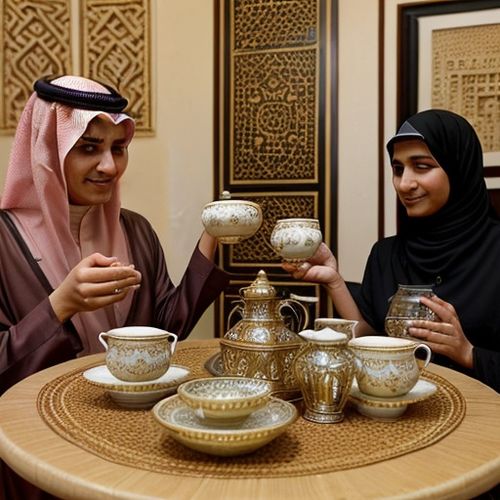
By Daniel Scott/May 10, 2025
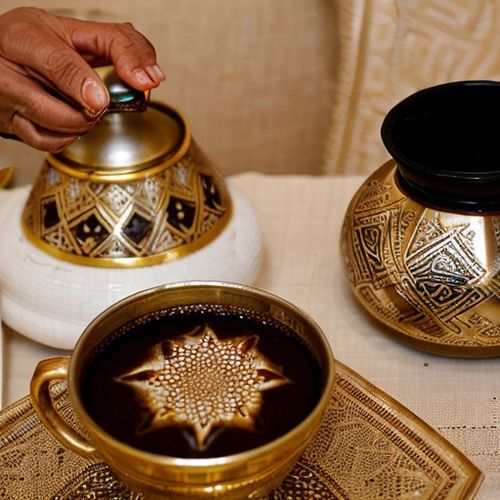
By Samuel Cooper/May 10, 2025
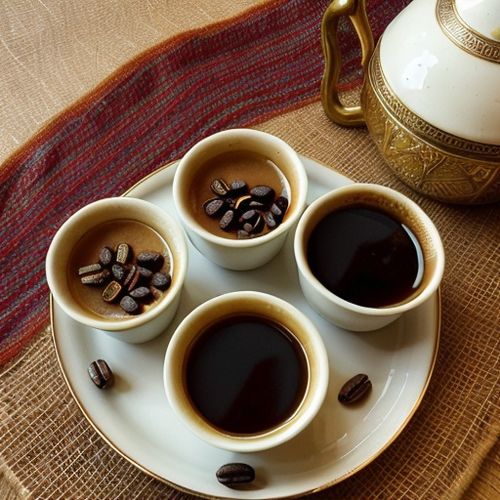
By Ryan Martin/May 10, 2025
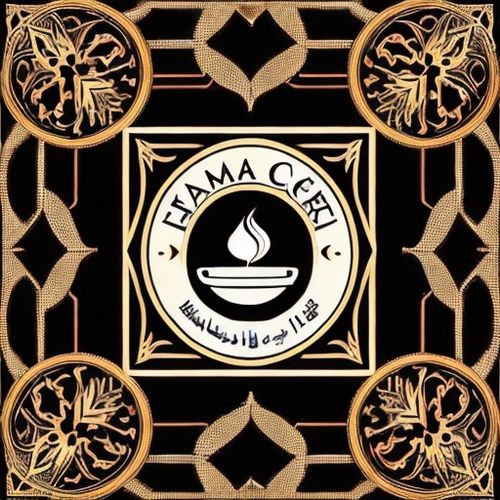
By James Moore/May 10, 2025
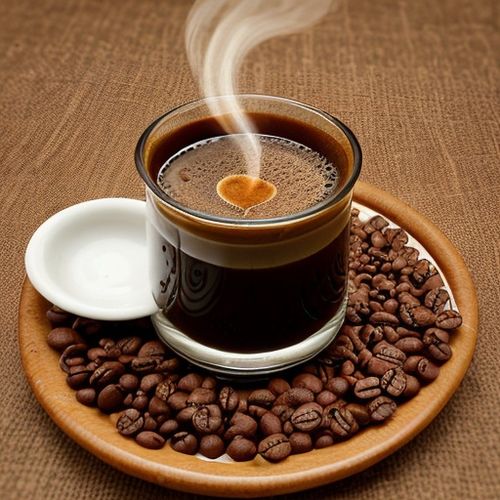
By Rebecca Stewart/May 10, 2025
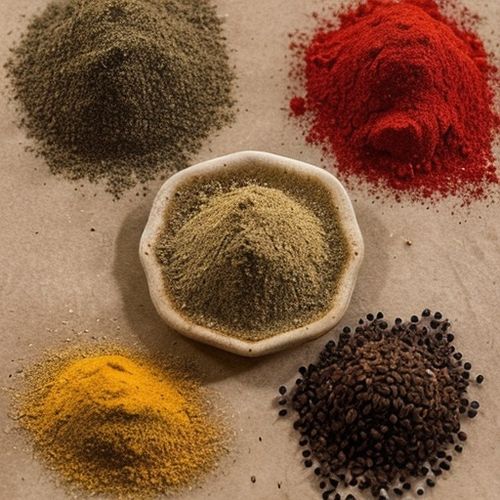
By Rebecca Stewart/May 10, 2025
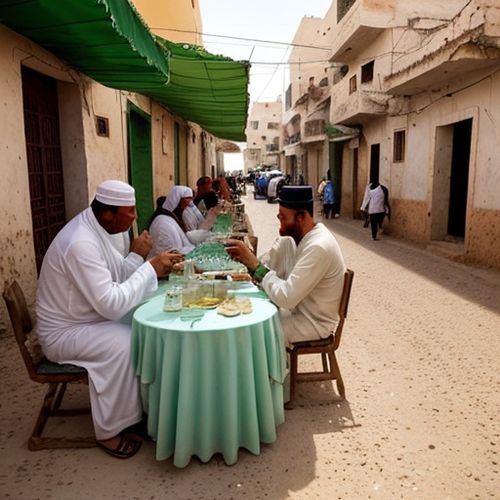
By Thomas Roberts/May 10, 2025
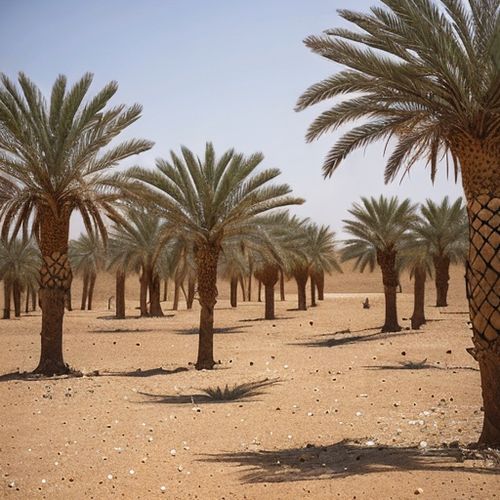
By Grace Cox/May 10, 2025
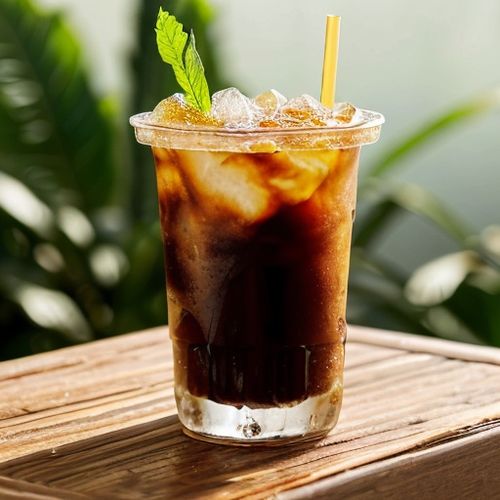
By Sophia Lewis/May 10, 2025
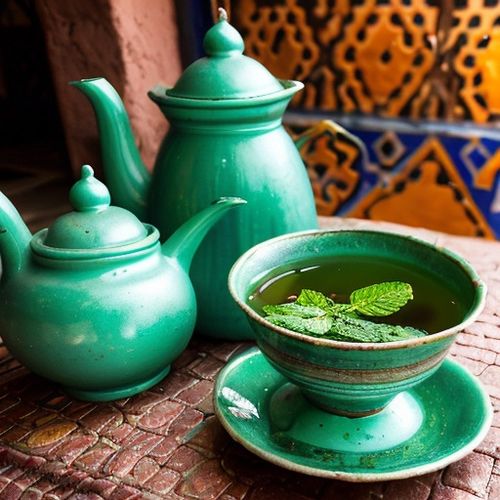
By Sophia Lewis/May 10, 2025